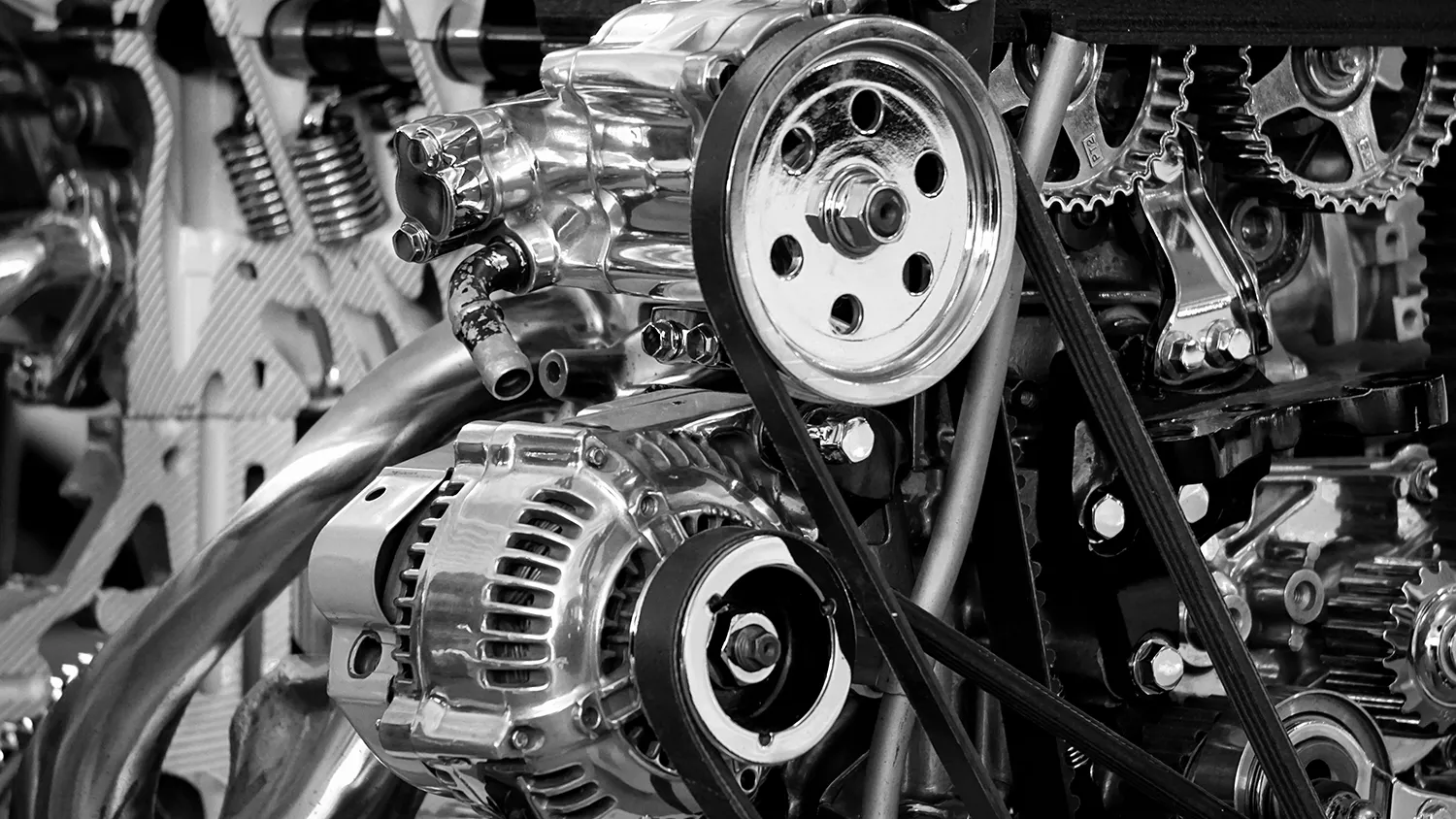The world of automotive parts offers a fascinating landscape of possibilities, and within it, lies the intriguing option of exploring used car engines. For many, the thought of a pre-owned engine might conjure images of rusty, unreliable components. However, with careful research and informed choices, selecting used car engines can be a surprisingly economical and environmentally conscious decision. It’s about understanding the potential benefits, navigating the risks, and finding the right engine to breathe new life into a vehicle.
The Allure of Used Car Engines
Why consider a used engine? The reasons are varied and often compelling.
- Cost Savings: This is perhaps the most obvious advantage. Used engines are significantly cheaper than new or remanufactured ones.
- Faster Repairs: Sourcing a used engine can be quicker than waiting for a new one to be manufactured or for a remanufactured engine to be rebuilt. This can be crucial in getting a vehicle back on the road quickly.
- Environmental Friendliness: Reusing a perfectly functional engine reduces the demand for new production, conserving resources and minimizing waste.
- Original Equipment Replacement: Sometimes, finding a compatible new engine for an older vehicle can be difficult or impossible. A used engine from the same model year offers a direct and reliable replacement.
Navigating the Risks: What to Watch Out For
While the benefits of used car engines are undeniable, it’s crucial to be aware of the potential pitfalls.
Assessing Engine Condition
Thorough inspection is paramount. Look for signs of:
- Oil Leaks: Indicates potential gasket or seal failures.
- Coolant Leaks: Can lead to overheating and engine damage.
- Excessive Wear and Tear: Check hoses, belts, and other components for cracks and deterioration.
- Unusual Noises: Ticking, knocking, or rattling sounds can signal internal problems.
Verifying Engine History
Whenever possible, obtain information about the engine’s history. Ask about:
- Mileage: A lower mileage engine is generally preferable.
- Maintenance Records: Proof of regular servicing is a good sign.
- Reason for Removal: Understanding why the engine was removed from the original vehicle can provide valuable insights.
Finding the Right Used Car Engine
The process of selecting a used engine requires careful consideration and research. Here’s a comparison of different sources:
| Source | Pros | Cons |
|---|---|---|
| Auto Salvage Yards | Wide selection, often the lowest prices. | Engines typically sold “as is,” limited information about history, potential for hidden damage. |
| Used Engine Dealers | Engines often inspected and tested, may offer warranties. | Higher prices than salvage yards. |
| Online Marketplaces | Convenient, broad selection. | Risk of inaccurate descriptions, potential for scams, difficult to inspect the engine before purchase. |
Ultimately, choosing between these options depends on your budget, mechanical expertise, and risk tolerance.
The decision to invest in used car engines requires careful consideration, thorough research, and a healthy dose of caution. When done right, it can provide a cost-effective and environmentally responsible solution for keeping vehicles on the road. By understanding the risks and rewards, and by conducting thorough inspections, you can increase your chances of finding a reliable used engine that will provide years of dependable service.
Before finalizing your purchase, consider having a trusted mechanic inspect the chosen engine. Their expertise can identify potential issues that might be missed by an untrained eye. A pre-purchase inspection can save you significant money and headaches down the road. Ask them to perform a compression test, check for leaks, and assess the overall condition of the engine. This small investment can provide invaluable peace of mind.
INSTALLATION AND AFTERCARE
Once you’ve acquired your used engine, proper installation is crucial for ensuring its longevity and performance. Unless you possess advanced mechanical skills, it’s best to entrust this task to a qualified mechanic. They will ensure that the engine is correctly installed, all connections are secure, and the engine is properly tuned. Neglecting proper installation can lead to serious problems and even void any warranty that might be offered.
ESSENTIAL INSTALLATION CONSIDERATIONS
– Fluid Changes: Replace all fluids (oil, coolant, transmission fluid) before starting the engine. Use the manufacturer’s recommended fluids for optimal performance.
– Filter Replacement: Install new oil, air, and fuel filters to prevent contaminants from entering the engine.
– Spark Plugs: Replace the spark plugs to ensure proper ignition and fuel efficiency.
– Belt and Hose Inspection: Thoroughly inspect all belts and hoses for cracks or wear. Replace any that are questionable.
EXTENDING THE LIFE OF YOUR USED ENGINE
Proper maintenance is key to maximizing the lifespan of your used engine. Regular oil changes, timely tune-ups, and attention to any warning signs will help prevent costly repairs down the road. Monitor fluid levels regularly, and address any leaks promptly. By following a diligent maintenance schedule, you can ensure that your used engine continues to provide reliable performance for years to come. A well-maintained used car engine can be a surprisingly robust and cost-effective solution for keeping your vehicle running smoothly.
THE FUTURE OF USED CAR ENGINES
The automotive industry is undergoing a dramatic transformation with the rise of electric vehicles. However, internal combustion engines, and therefore used car engines, will likely remain relevant for many years to come, especially in older vehicles and in regions where electric vehicle adoption is slower. The market for used engines will continue to evolve, driven by factors such as:
– Increasing Scrutiny: As consumers become more environmentally conscious, there will be greater demand for transparency and traceability in the used engine market. Reputable suppliers will need to provide detailed information about engine history, condition, and testing procedures.
– Technological Advancements: Diagnostic tools and engine monitoring systems are becoming increasingly sophisticated. These technologies will enable more accurate assessments of engine health, making it easier to identify and address potential problems before they become major issues.
– Remanufacturing Innovations: Advancements in remanufacturing techniques are blurring the lines between used and new engines. Remanufactured engines, which undergo extensive rebuilding and testing, offer a compelling alternative to new engines, with improved performance and reliability compared to traditional used engines.
The used engine market is adapting and innovating to meet the changing needs of consumers and the demands of a more sustainable automotive industry. The future of used car engines looks promising for those willing to take the time to research and choose wisely.





